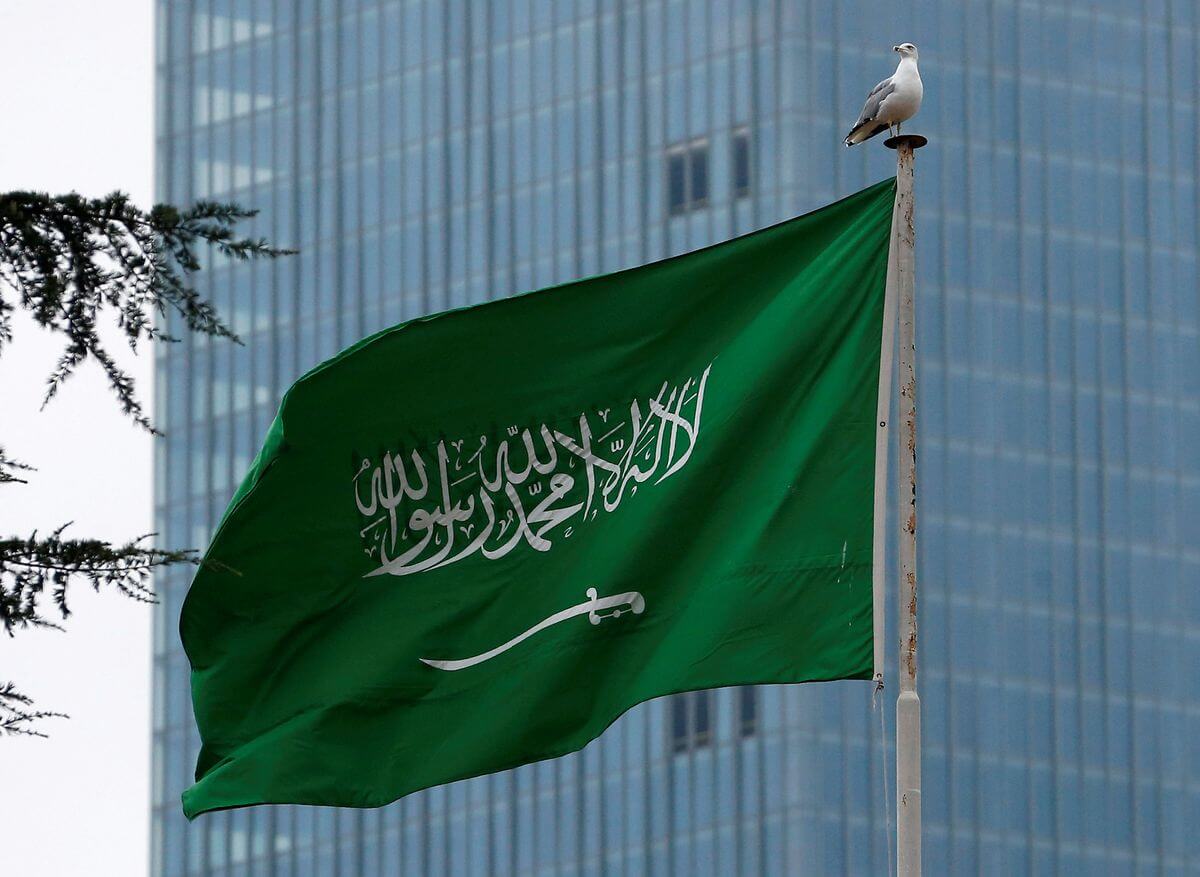Saudi Arabia has “stepped up” executions over the past six months and intensified the persecution of human rights defenders and dissidents following a “sharp decline” in the use of the death penalty during the Kingdom’s G20 presidency last year, the Amnesty International stated on Tuesday.
The human rights watchdog reported that since handing over the G20 presidency, Saudi authorities have “prosecuted, sentenced or ratified sentences of at least 13 people” after “grossly unfair trials” before the Specialized Criminal Court (SCC). “After an 85% fall in recorded executions in 2020, at least 40 people were put to death between January and July 2021–more than during the whole of 2020,” it added.
“As soon as the G20 spotlight on Saudi Arabia faded, the authorities resumed their ruthless pursuit of people who dare to express their opinions freely or criticise the government,” Lynn Maalouf, the Deputy Director for the Middle East and North Africa at Amnesty, said. She noted that the “brief respite in repression” was merely an “illusion of reform” and “simply a PR drive.”
According to the organisation, the SCC trials are “intrinsically unfair”, and defendants are subjected to “flawed procedures” that violate Saudi and international law. “In many cases, defendants are held incommunicado and in solitary confinement for months at a time and denied access to lawyers. The court routinely condemns defendants to lengthy prison terms and even death sentences, following convictions based on ‘confessions’ extracted through torture,” it noted.
Also Read: Can MBS Achieve the Objectives of Vision 2030 Without the Participation of Women?
Additionally, the organisation mentioned that all human rights defenders released after serving prison sentences “are forced to sign pledges, which often includes bans on public speaking, human rights work or use of social media.” The group called these conditions “violations of the rights to freedom of expression, association, and peaceful assembly.”
Amnesty’s report comes at a time when Saudi Crown Prince Mohammed bin-Salman (MBS) has been implementing several reforms as part of his Vision 2030 initiative, which seeks to modernise Saudi society. Since 2018, the Gulf monarchy has permitted women to drive, allowed them into sports stadiums, and passed a decree allowing women above 21 to travel outside of the country, and stay on their own without the permission of a male guardian.
However, the Gulf monarchy has heavily cracked down against any form of dissent. On Tuesday, Saudi Arabia announced that it executed a man for protesting against the state in the Shia populated eastern region of Qatif. Activists told The Associated Press that while not much was known about why he was executed, the man was a member of the Shia minority. His brother is currently imprisoned for protesting against the government.
Furthermore, Amnesty stated that “at least 39 individuals are currently behind bars for their activism, human rights work or expression of dissent in Saudi Arabia.” It urged the United Nations Human Rights Council to “establish a monitoring and reporting mechanism” on the human rights situation in Saudi Arabia.

